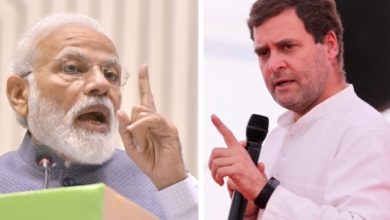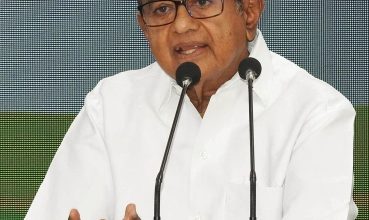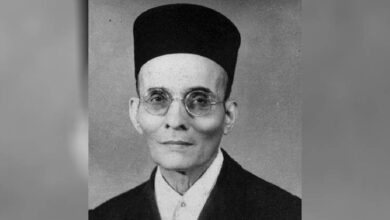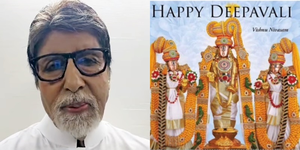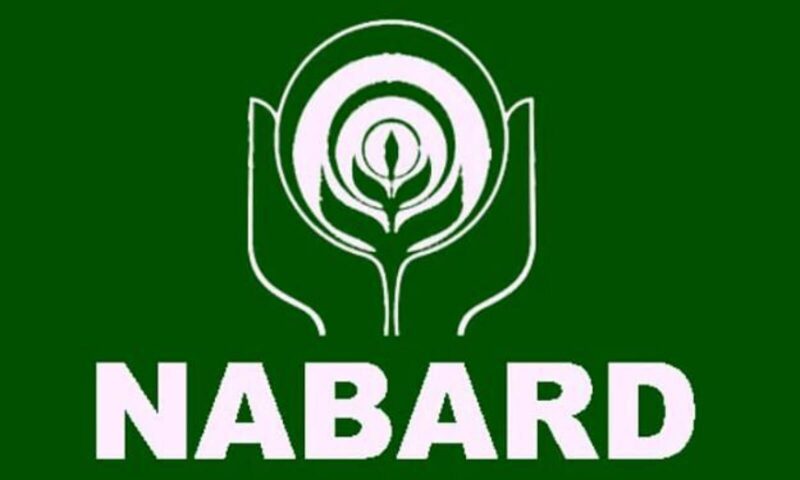
Kolkata : NABARD has promoted two Off-farm Producers’ Organizations (OFPOs) in West Bengal in the handicraft segment and is planning to promote many more OFPOs in the existing Handloom clusters.
Besides support for design development, skill-building, credit facilitation and market expansion, NABARD is also supporting registration of handloom/ handicraft products under Geographical Indications (GI) to enhance its marketability and to preserve the traditional arts and cultural heritage of the geography, stated Dr A R Khan, CGM, NABARD, WBRO in a webinar organised on Tuesday by the Bank on “Development of Handloom Clusters in West Bengal- Challenges, Opportunities & Way forward” as a part of its month-long National Handloom Day celebration.
He added that In order to leverage modern technology in design innovation and online marketing of handloom products, NABARD is considering partnering with reputed Design Institutes and Startups and also encouraging digital marketing platforms for assisting the weavers and small producers to scale up their operations.
Dr Khan discussed in detail the importance of the Handloom sector in providing livelihood support to a large number of weavers, rural artisans, other handloom workers, etc., besides preserving the traditional arts, cultural heritage of a particular geography.
He mentioned various initiatives of NABARD for the development of off-farm activities, particularly the handloom sector by way of extending concessional refinance to banks for lending to weaver cooperatives, promotional support for cluster development including design improvement, common facility centres, market promotion through rural haats, rural marts, exhibitions, melas, etc. and recent interventions for promoting (OFPOs) for holistic development of the handloom weavers.
Dr Khan also called upon the key stakeholders including the State Government to work towards greater synergy and convergence of various initiatives for addressing the issue of quality raw material availability, design development, working capital support, market access and skill building of weavers and rural producers for higher price realization, preferably through building sustainable OFPOs in the State.
Speaking on the occasion, Rajesh Pandey, Principal Secretary, MSME & Textiles Department, Government of West Bengal complemented NABARD for its various initiatives for the promotion of handloom sector and also for organising such a webinar to strategize the future actions through expert consultation to develop handloom sector in a comprehensive manner.
Pandey informed that the State Govt has taken a number of concrete measures for promoting handloom and ancillary activities such as 4% additional interest subvention facility to weavers, development of more than 300 clusters in the state, provision for work sheds and weavers’ markets, etc. and facilitating sale of handloom products through e-commerce platforms etc. besides design improvement interventions through NIFT, Kolkata. He emphasized on the need for greater coordination and convergence of efforts among various stakeholders to ensure sustainable income to the weavers, artisans and other rural off-farm producers in the State.
As per the fourth All India Handloom Census 2019-20 conducted by the Ministry of Textiles, Government of India, West Bengal has 3.4 lakh weaver households including 413 Master Weaver households. West Bengal, together with Tamil Nadu, Andhra Pradesh, Assam and Tripura contribute around 78.6% of the total saree production in the country. Besides, West Bengal alone accounts for nearly 46.8% of handloom production including hand bags.
R. N. Roy, MD, Tantuja, Govt. of West Bengal; Sandip Nag, Joint Director, Textiles (Handloom); G. K. Samanta, Joint Director, Sericulture, Central Silk Board; Satish Kumar Sahu, General Manager, SLBC convenor Bank (PNB) and M. Mukhopadhyay, MD, WBSTCB also participated in the webinar as Speakers and Panellists and expressed their views.
UNI


